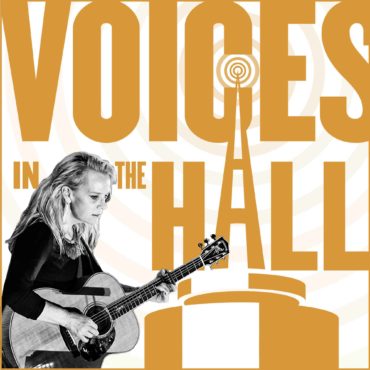
Voices in the Hall: Mary Chapin Carpenter
About Mary Chapin Carpenter Mary Chapin Carpenter is a Grammy-winner, a CMA Female Vocalist of the Year, a terrific guitarist, and the writer of hundreds of songs that she crafts with eloquence and […]
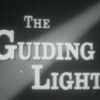 play_arrow
play_arrow
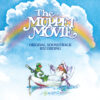 play_arrow
play_arrow
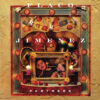 play_arrow
play_arrow
The Sounds of America: Flaco Jiménez’s Partners album BMPAudio
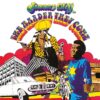 play_arrow
play_arrow
The Sounds of America: The Harder They Come Soundtrack BMPAudio
 play_arrow
play_arrow
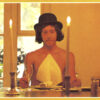 play_arrow
play_arrow
 play_arrow
play_arrow
 play_arrow
play_arrow
 play_arrow
play_arrow
 play_arrow
play_arrow
Science Of Happiness 76: If You Want to Be More Productive, Cut Yourself Some Slack BMPAudio
 play_arrow
play_arrow
 play_arrow
play_arrow
 play_arrow
play_arrow
Science of Happiness 73: How to Switch Off Your Critics BMPAudio
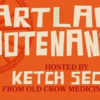 play_arrow
play_arrow
 play_arrow
play_arrow
Science of Happiness 72: How To Reconnect With Your Partner BMPAudio
 play_arrow
play_arrow
The Science of Happiness 71: Do You Want To Be More Patient? BMPAudio
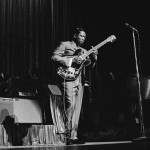 play_arrow
play_arrow
Red, White and the Blues BMPAudio
 play_arrow
play_arrow
The Science Of Happiness 70: How To Love People You Don’t Like BMPAudio
 play_arrow
play_arrow
The Science of Happiness 69: What’s Your “Why” In Life? BMPAudio
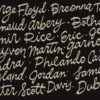 play_arrow
play_arrow
The Science of Happiness 68: From Othering to Belonging BMPAudio
 play_arrow
play_arrow
The Science of Happiness 67: Taking Small Steps toward Big Goals BMPAudio
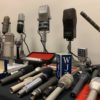 play_arrow
play_arrow
1A Memorial Day Special BMPAudio
 play_arrow
play_arrow
The Science of Happiness 66: How to Connect When You Must Stay Apart BMPAudio
 play_arrow
play_arrow
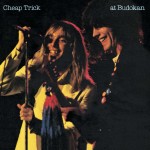 play_arrow
play_arrow
 play_arrow
play_arrow
The Science of Happiness 64: Helping Kids Think About the Good BMPAudio
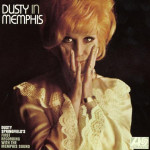 play_arrow
play_arrow
 play_arrow
play_arrow
The Science of Happiness 63: Remembering to Breathe BMPAudio
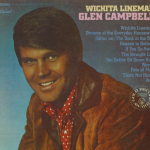 play_arrow
play_arrow
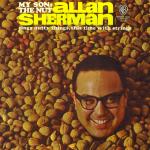 play_arrow
play_arrow
The Sounds of America: “Hello Muddah, Hello Fadduh” BMPAudio
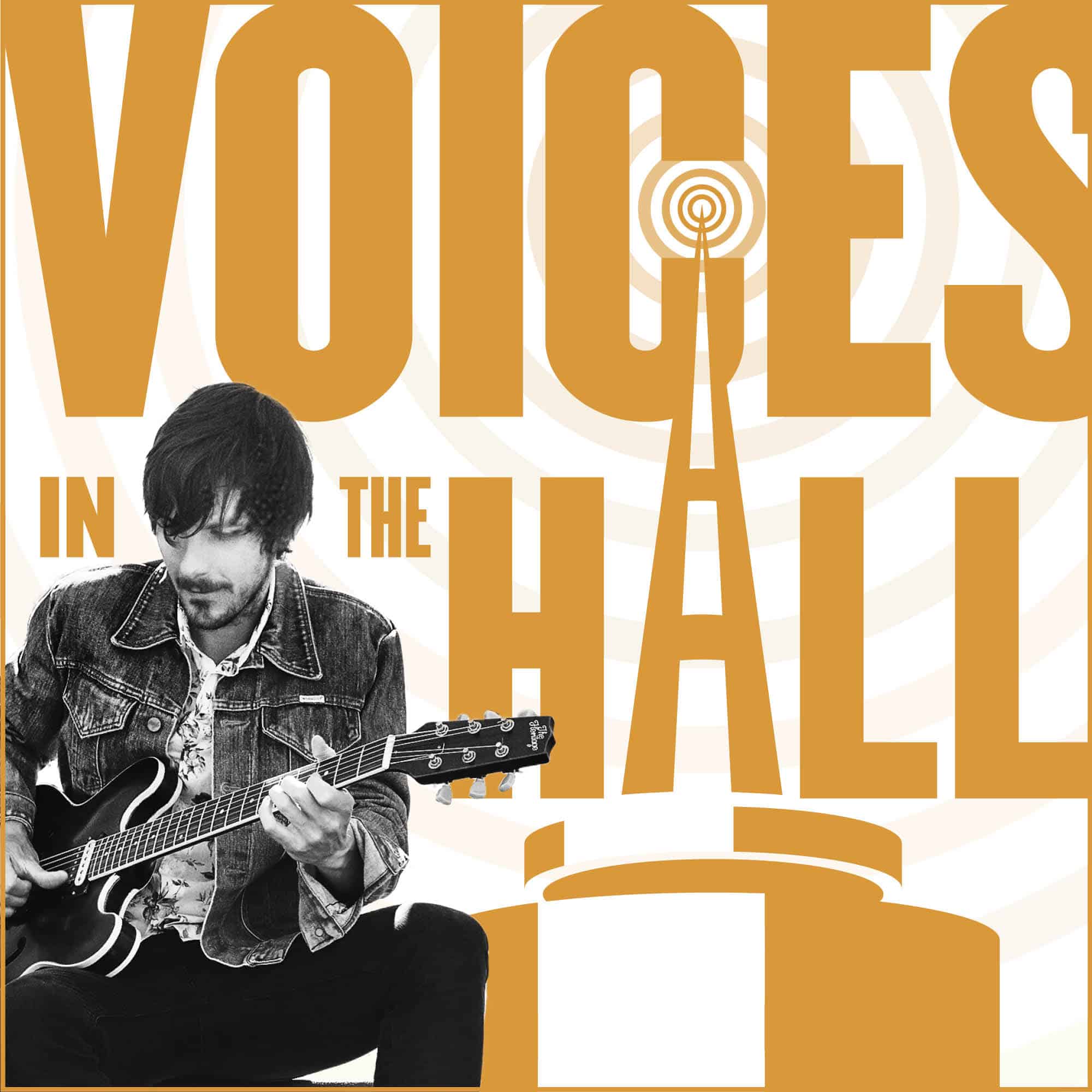
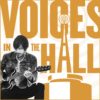 play_arrow
play_arrow
Voices in the Hall: Charlie Worsham BMPAudio
Charlie Worsham is one of the most impressive guitarists in a city that is often called “Guitar Town.” With two albums released on Warner Bros. Records, and a Top 20 hit in “Could It Be,” he is cited by Vince Gill, Marty Stuart, and others as someone who will take country music into the future while honoring its past at every turn. But the music business is not like sports, where if you are the most dominant player in basketball you get to be Michael Jordan or LeBron James and make zillions of dollars, and Charlie’s story involves struggle and heartache, pratfalls and miscues. He talks about life as a professional musician in this episode of Voices in the Hall.
Everyone who has heard Charlie Worsham calls him a talent. And he is. The guy can make a guitar talk in any language, and he’s a terrific songwriter and singer.
But calling him a talent doesn’t begin to cover it. Hank Aaron was a baseball talent, but he still had to spend a young life of practice and dedication before he ever set forth on a major league ball field and cracked the first of his 755 home runs.
Much more than being a talent, Charlie is an example of will, devotion, and belief. As a music-loving kid, he saved up $400 and begged his parents to take him from his Grenada, Mississippi, home to Nashville, so he could buy a Fender Telecaster at a Lower Broadway guitar shop called Gruhn’s. They ferried him to town, and when he got to Gruhn’s he found that the cheapest Telecaster cost $100 more than he had saved. Other kids would have gone into begging mode, trying to pry that extra $100 from mom and dad. Instead, Charlie walked out onto Lower Broadway with his banjo, and played for tips until he had enough to walk back into Gruhn’s and get that Telecaster.
Back in Mississippi, his mom would drive him an hour and fifteen minutes each way, to Starkville and back, so he could take banjo lessons from a guy who played with the great Jimmy Martin. Then Charlie went to the Berklee School of Music, to challenge himself and become a better-rounded player. Then he came to Nashville and joined with his friends in a band called Kingbilly, which looked for a while like the next big thing.
So, ever heard of Kingbilly? If you’re not in Nashville, or Grenada, Mississippi, you probably haven’t. Too bad, because they were a great band. Should have been the next big thing. A couple of guys in that band — John and TJ Osborne — eventually became big country stars. Charlie did what he’d always done: He turned back to the music that was his lifeline. He worked. He wound up with a major label record deal himself, and thus far that recording contract hasn’t resulted in wealth or fame. If I were in his shoes, I’d walk around irritated, like “Hey, I deserve better than this. Can’t they see I’m Hank Aaron?”


BMPAudio February 12, 2019
About Mary Chapin Carpenter Mary Chapin Carpenter is a Grammy-winner, a CMA Female Vocalist of the Year, a terrific guitarist, and the writer of hundreds of songs that she crafts with eloquence and […]


Whether a syndicated national radio series, podcast, documentary or audiobook, BMP Audio creates imaginative, sophisticated and effective sound tracks for your ideas. Our fully digital production facilities assure the highest level of audio fidelity. The world’s top broadcast companies know this – and that’s why they choose BMP Audio.